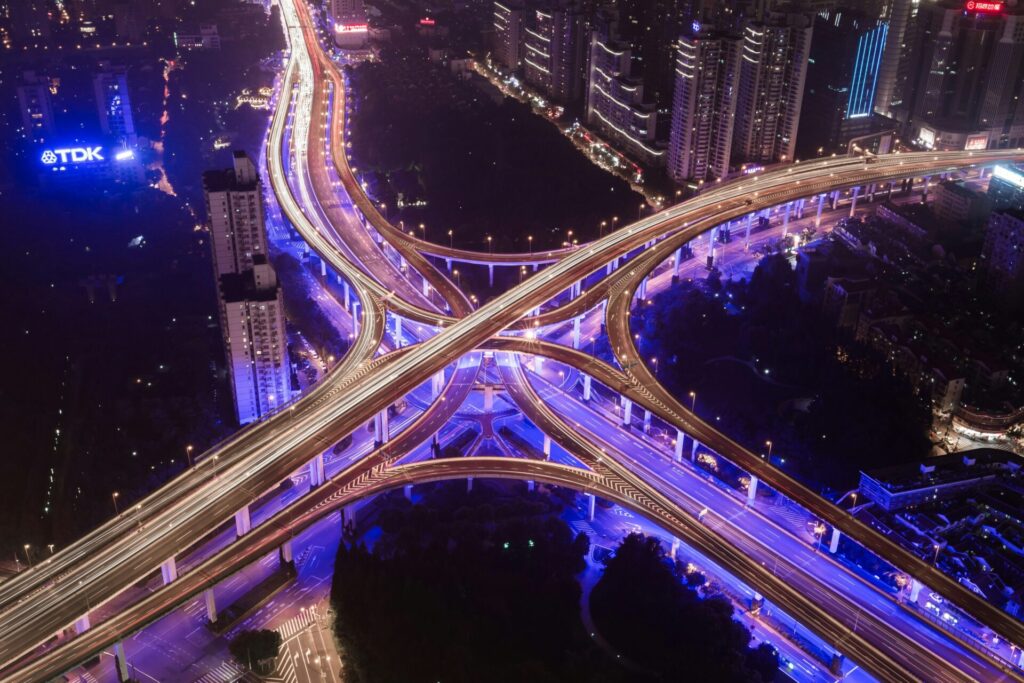In the age of smart cities, it’s easy to think of innovation in terms of self-driving cars, smart streetlights or connected infrastructure. But one often-overlooked pillar of urban intelligence is meteorology. Advanced weather sensors and environmental monitoring systems are quietly shaping safer, more sustainable and more resilient cities and companies like Senseca UK are at the heart of this transformation.

Weather Data: More Than Just Forecasts
Most people check the weather to decide if they need an umbrella or a jacket. In a smart city, weather data plays a far larger role:
- Traffic management: Rain, fog, and wind can disrupt traffic flow. Real-time weather insights allow city authorities to optimize traffic signals and reroute vehicles to prevent congestion or accidents.
- Energy efficiency: Meteorological sensors help predict energy demand, allowing smart grids to balance loads, reduce waste, and integrate renewable sources like solar and wind more effectively.
- Public safety: Sensors detecting severe weather events – from sudden storms to heatwaves – provide early warnings, helping emergency services and citizens respond quickly.
Sustainability and Urban Planning
Meteorological monitoring isn’t just reactive, it’s also proactive. Long-term weather and climate data help urban planners:
- Design green spaces that reduce urban heat islands.
- Position renewable energy installations in optimal locations.
- Plan drainage systems that mitigate flooding during heavy rainfall events.
The Role of Advanced Sensors
Cutting-edge sensors, such as those provided by Senseca UK, are vital in this ecosystem. They don’t just measure temperature or humidity, modern instruments capture wind speed, precipitation intensity and even lightning activity, delivering a comprehensive picture of the urban environment. This level of detail enables smarter algorithms, more accurate predictions, and, ultimately, better decision-making.
Looking Ahead
As cities continue to grow, the integration of weather and environmental data into urban planning will become even more critical. From reducing energy consumption to improving citizen safety, meteorology is a cornerstone of truly smart cities – a silent but powerful contributor to sustainable urban living.
Photo by Denys Nevozhai on Unsplash